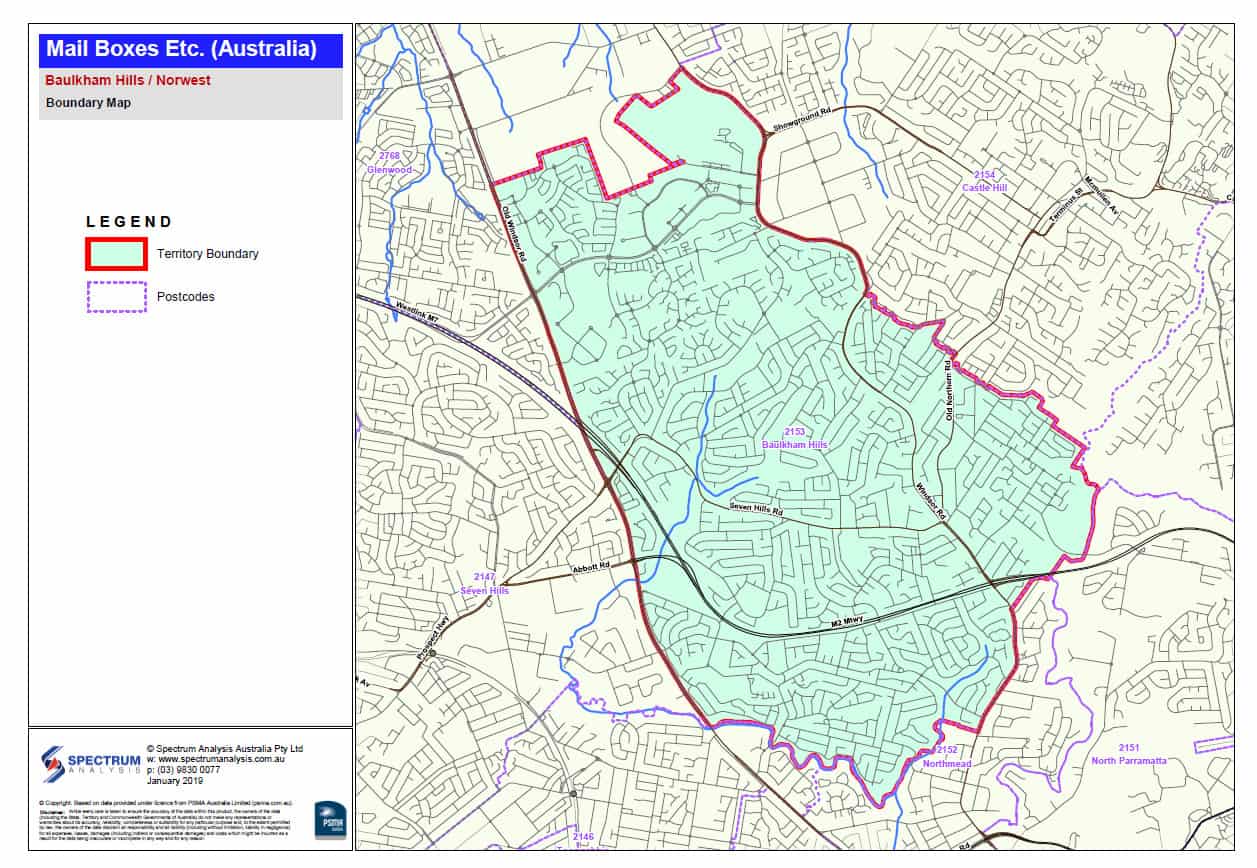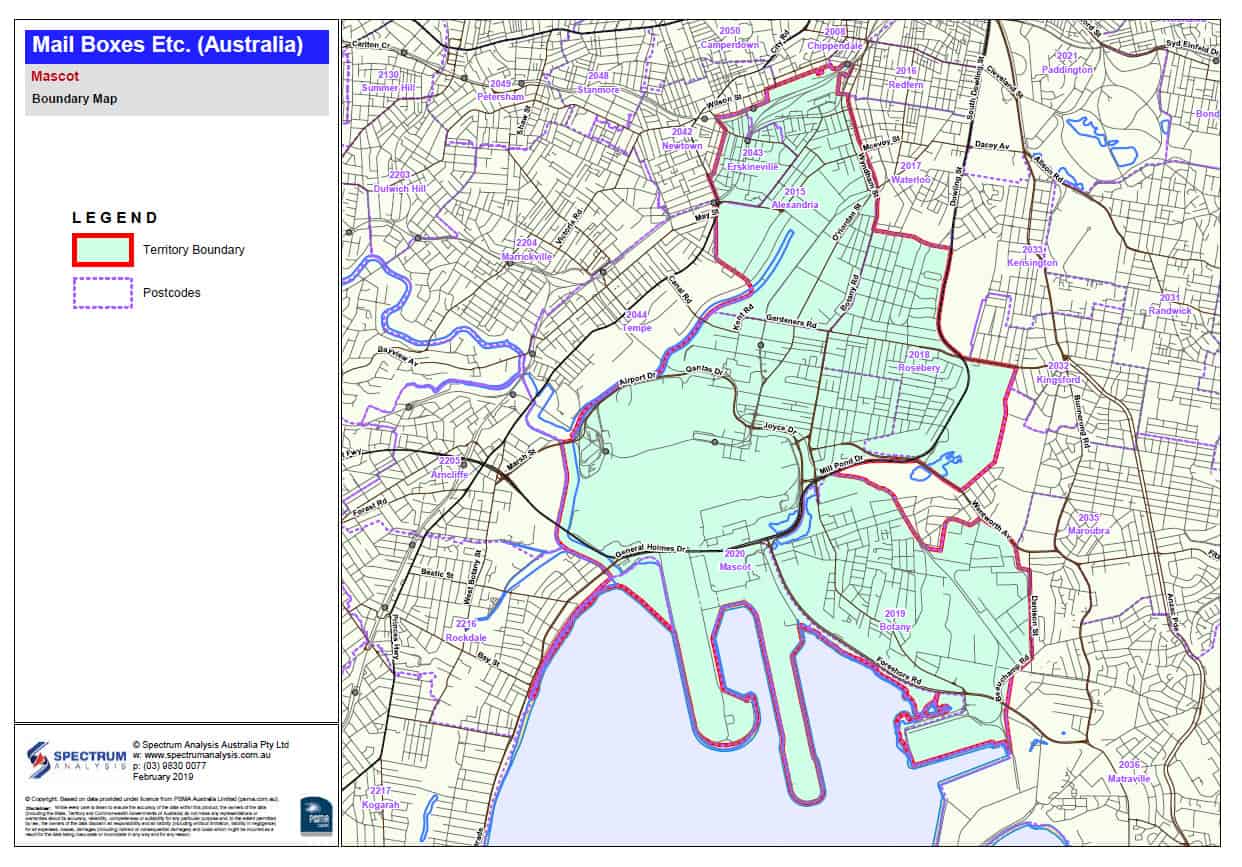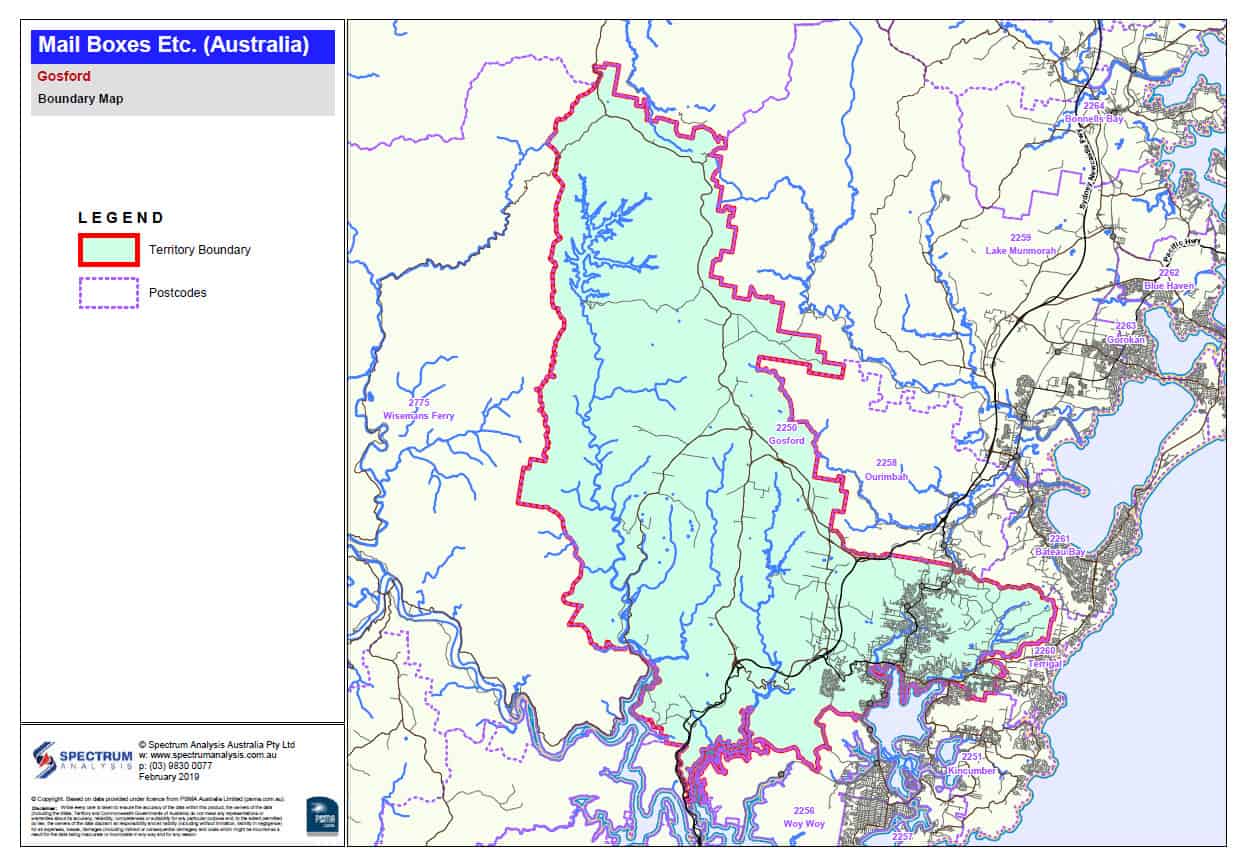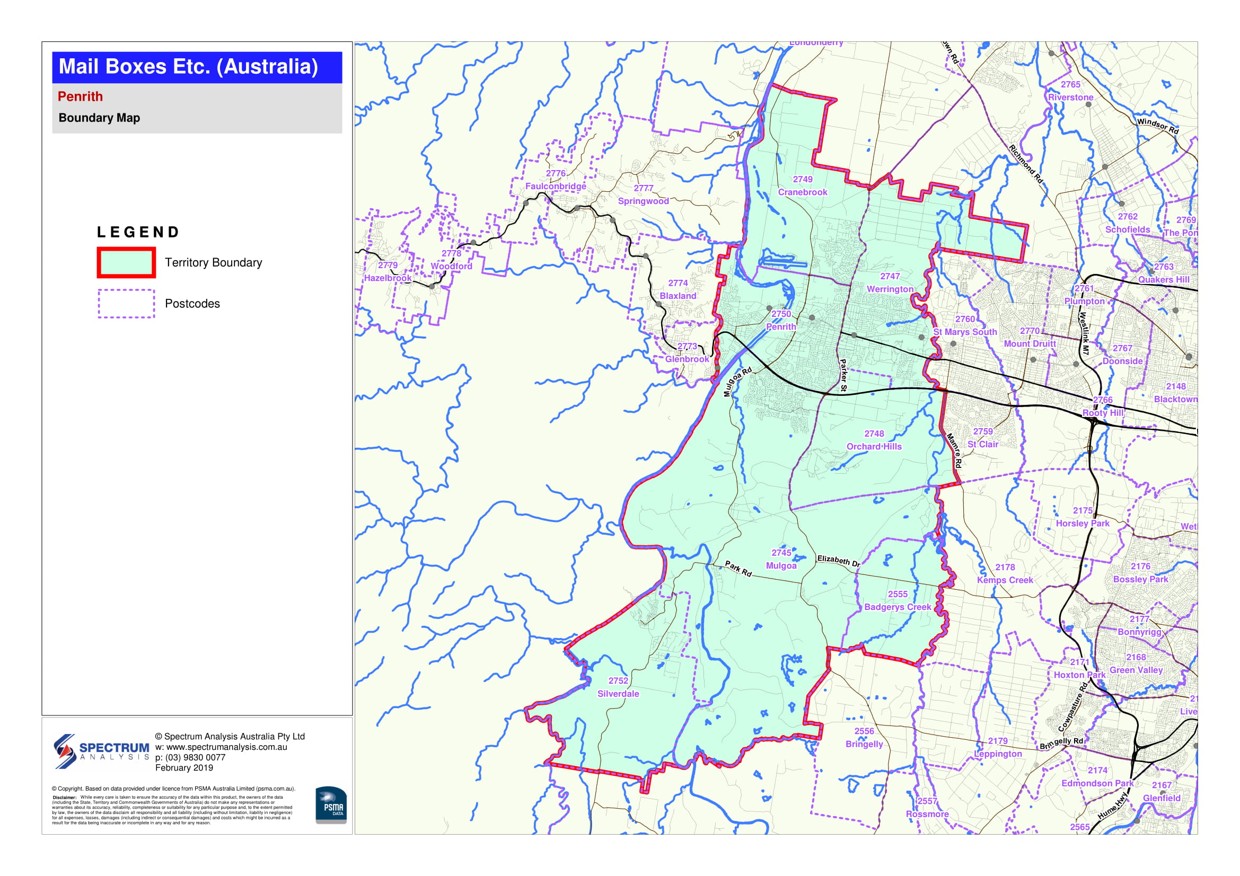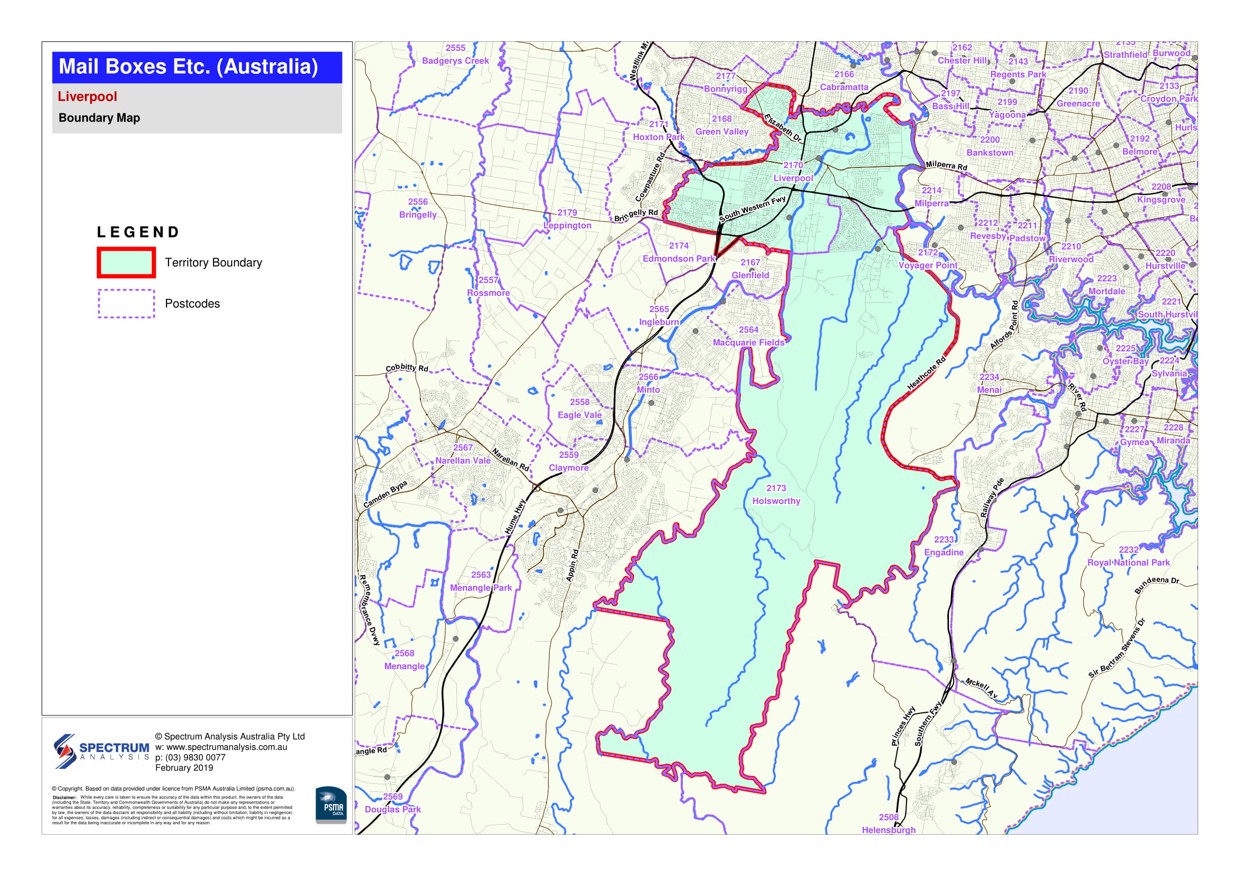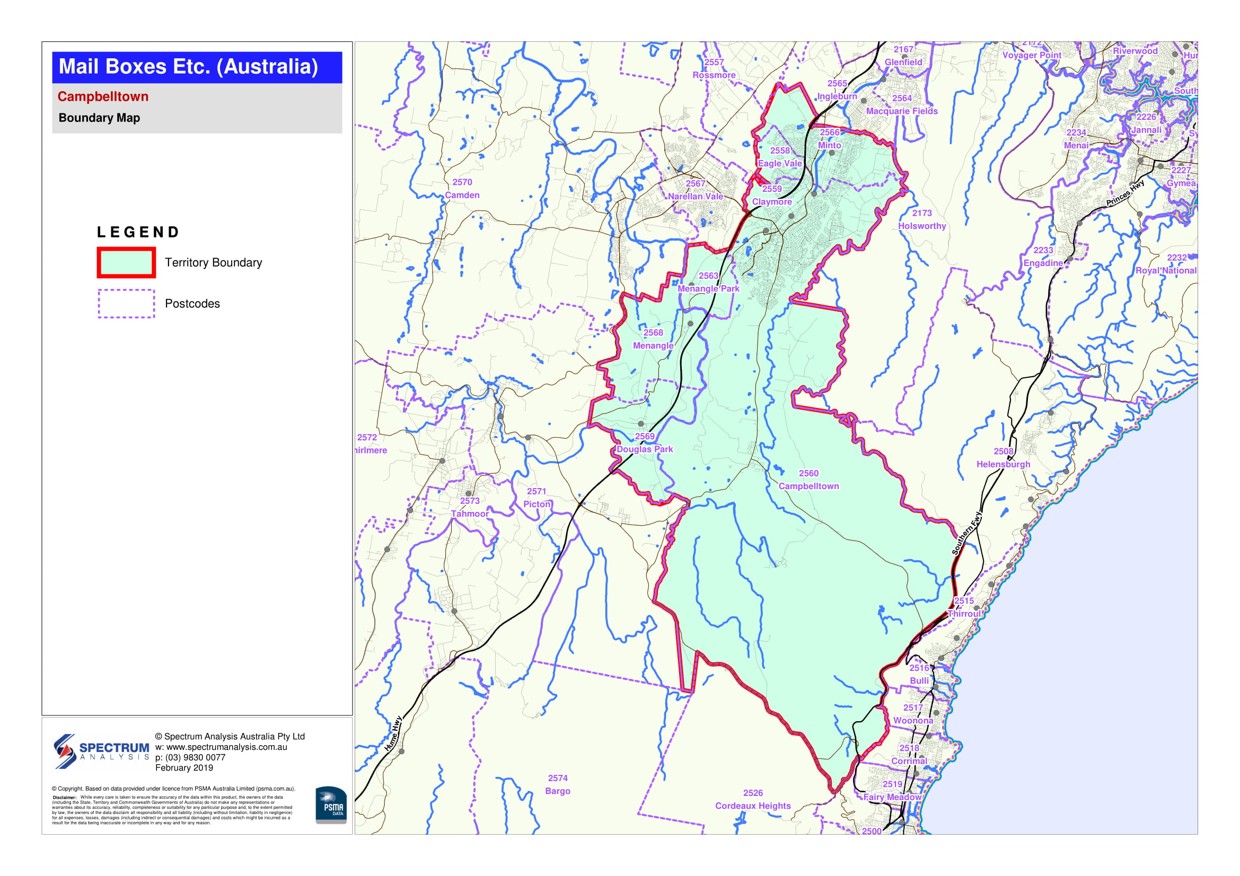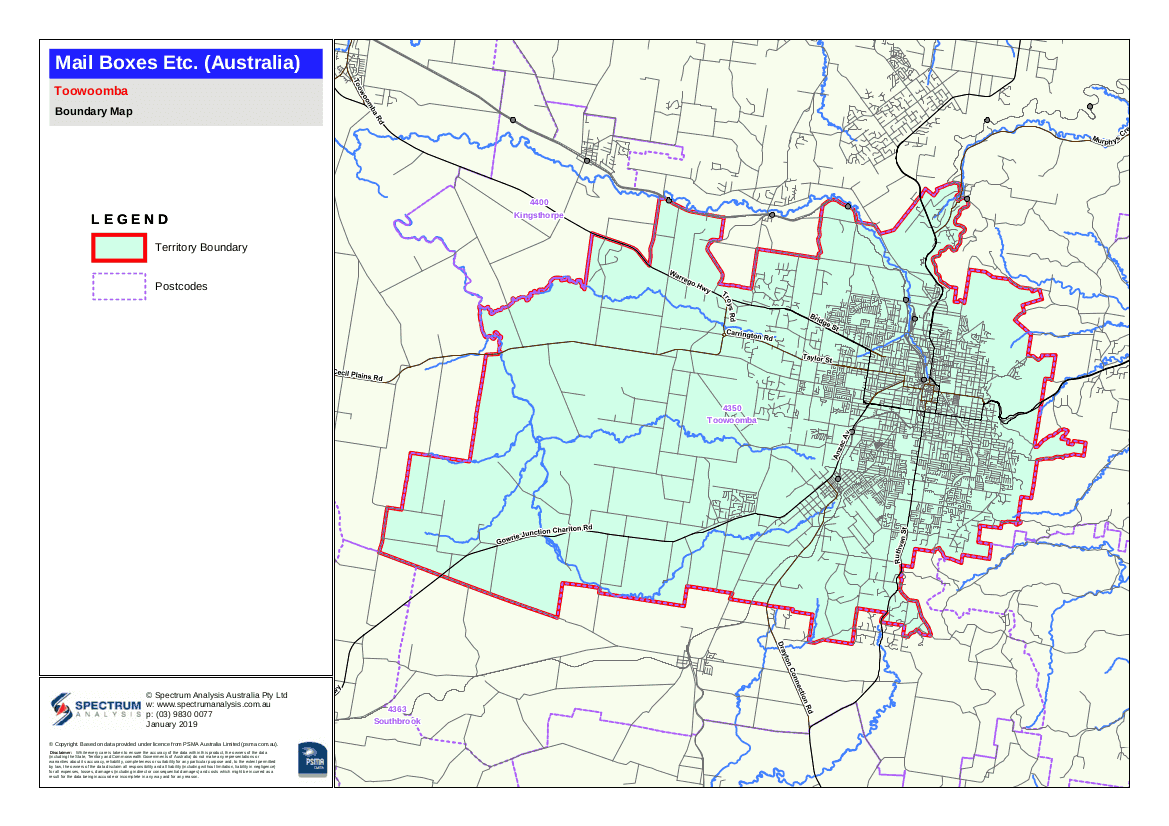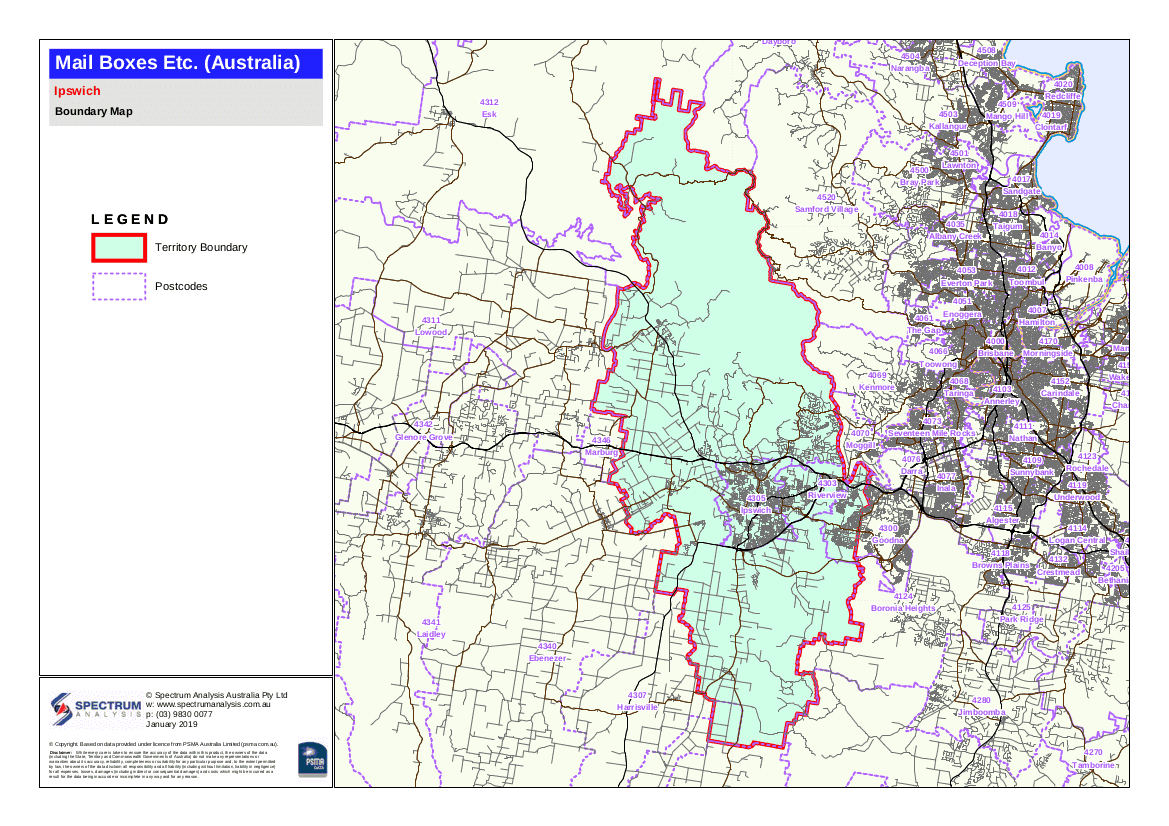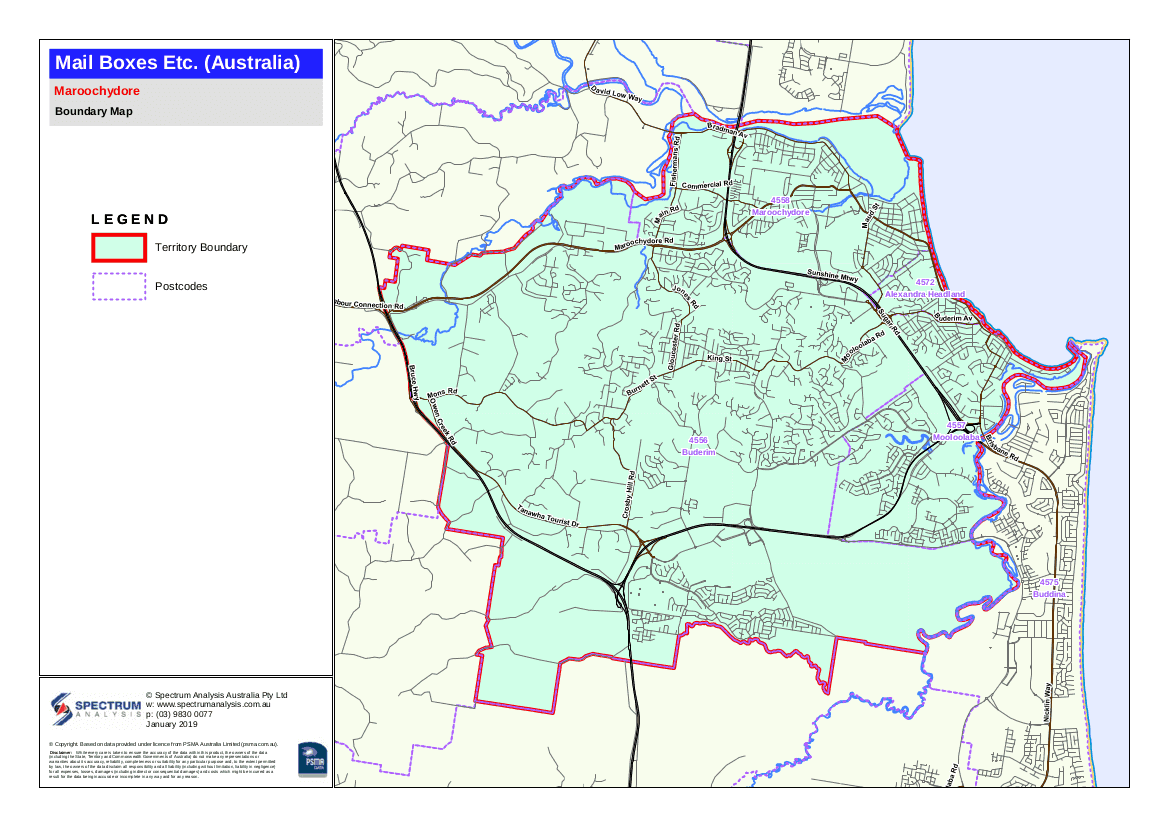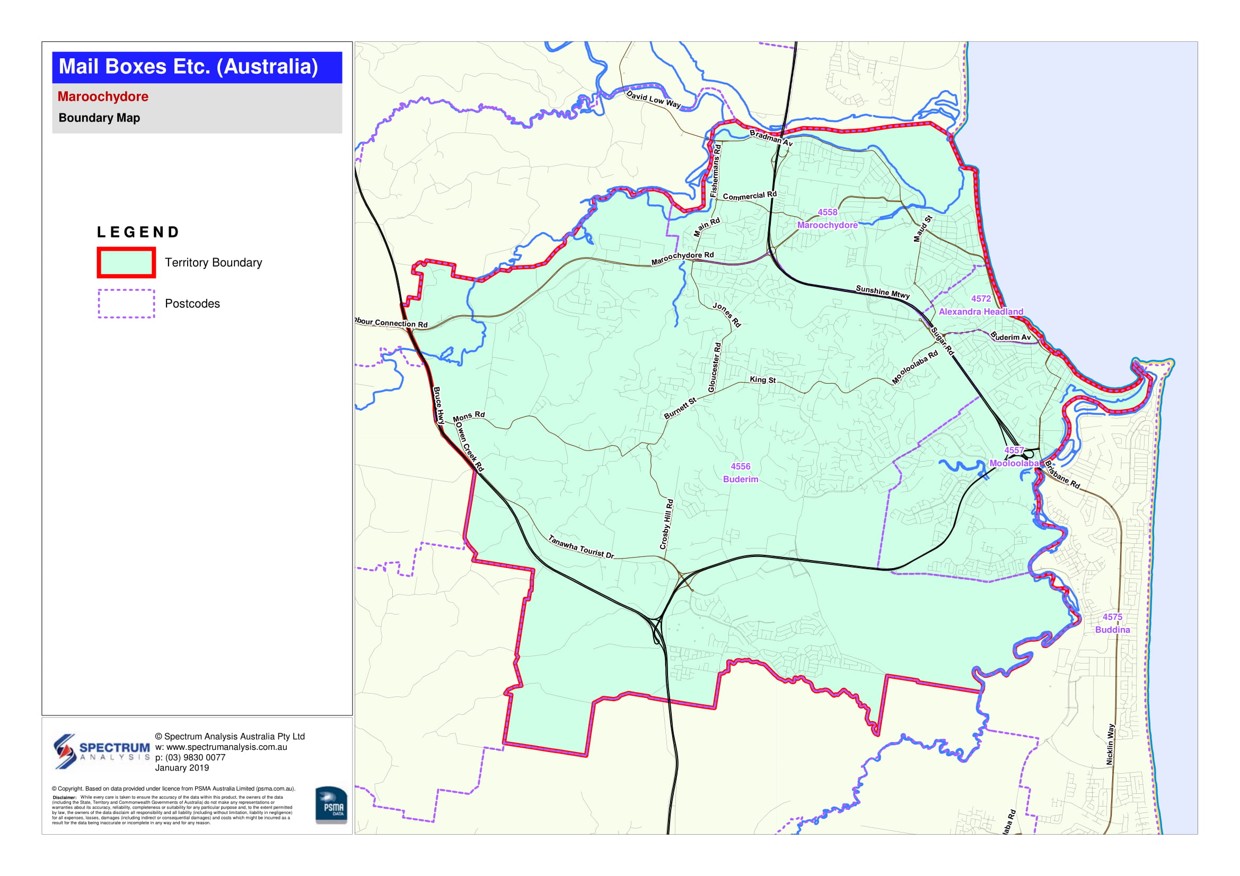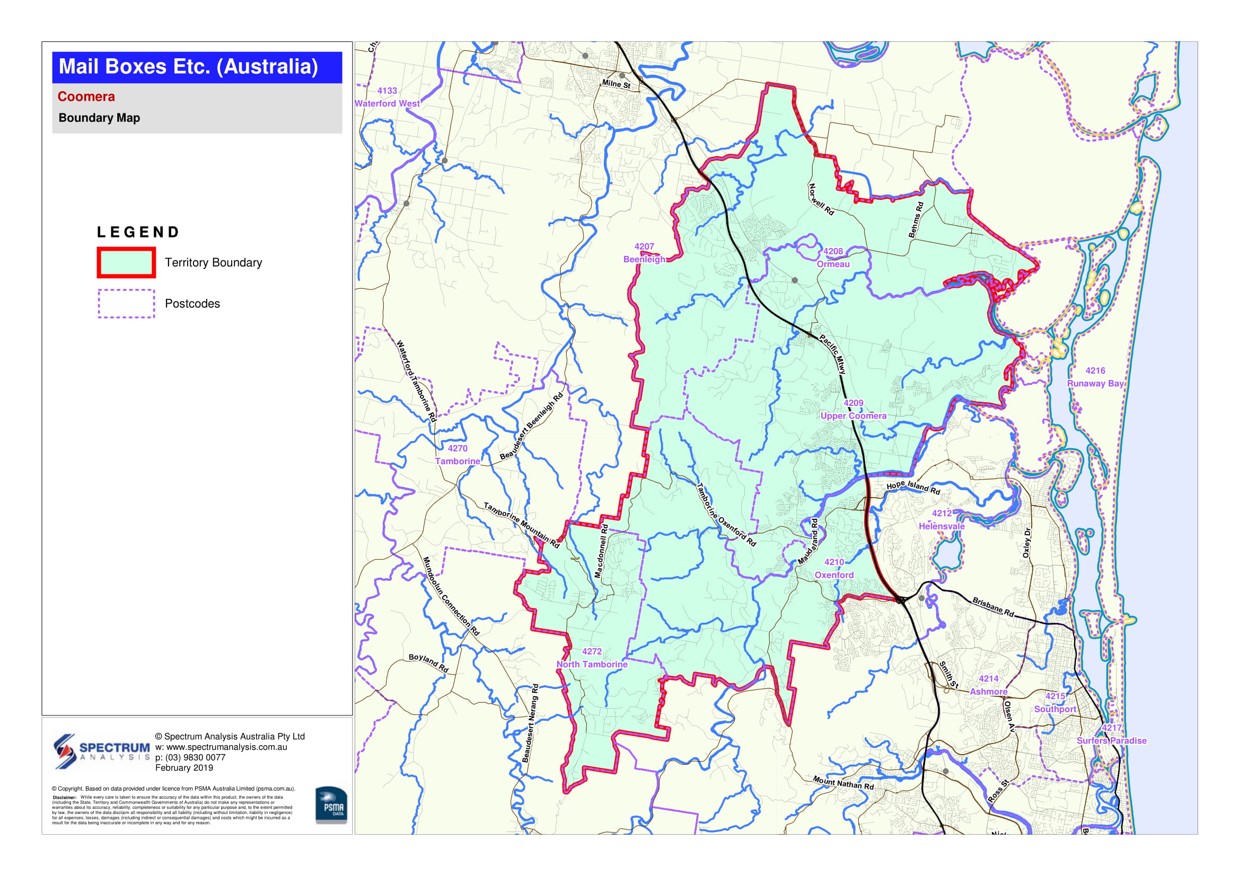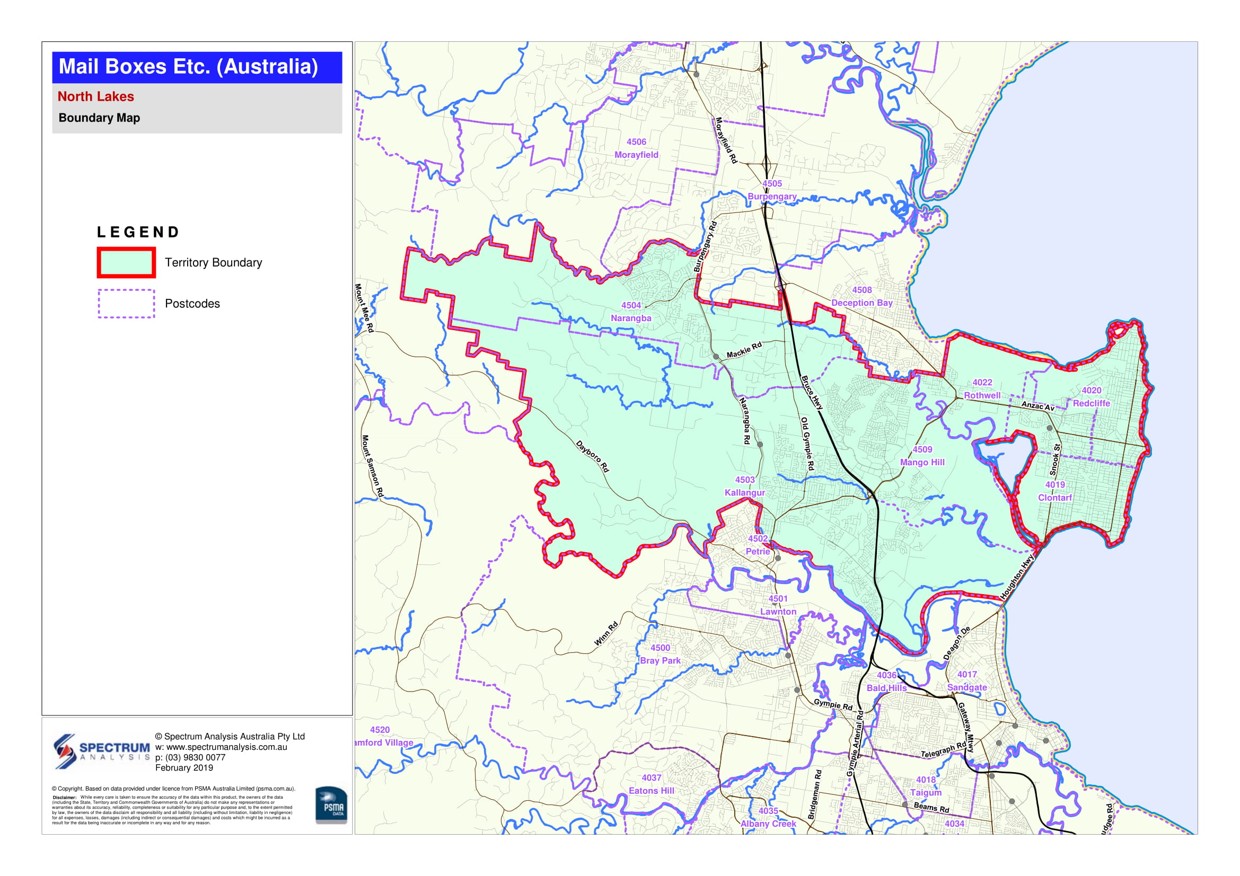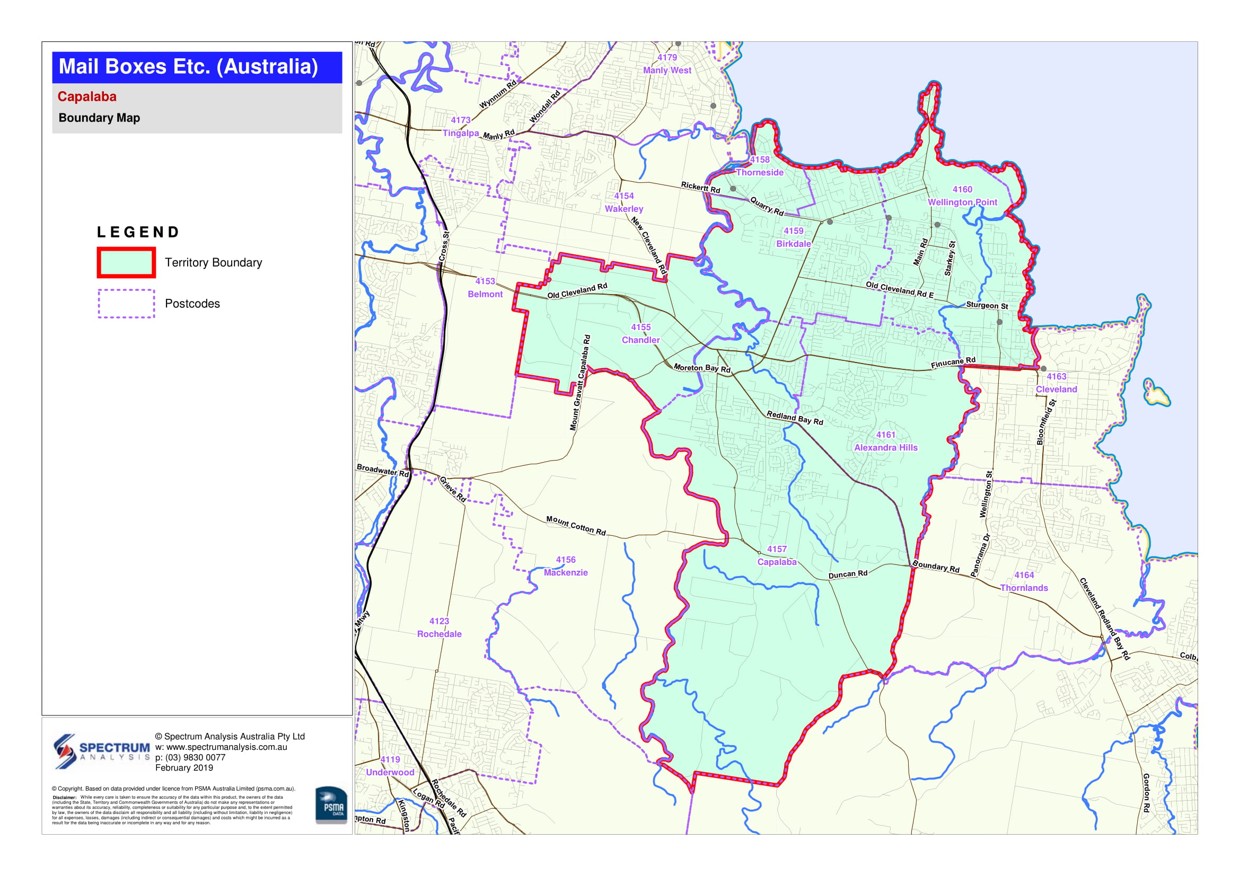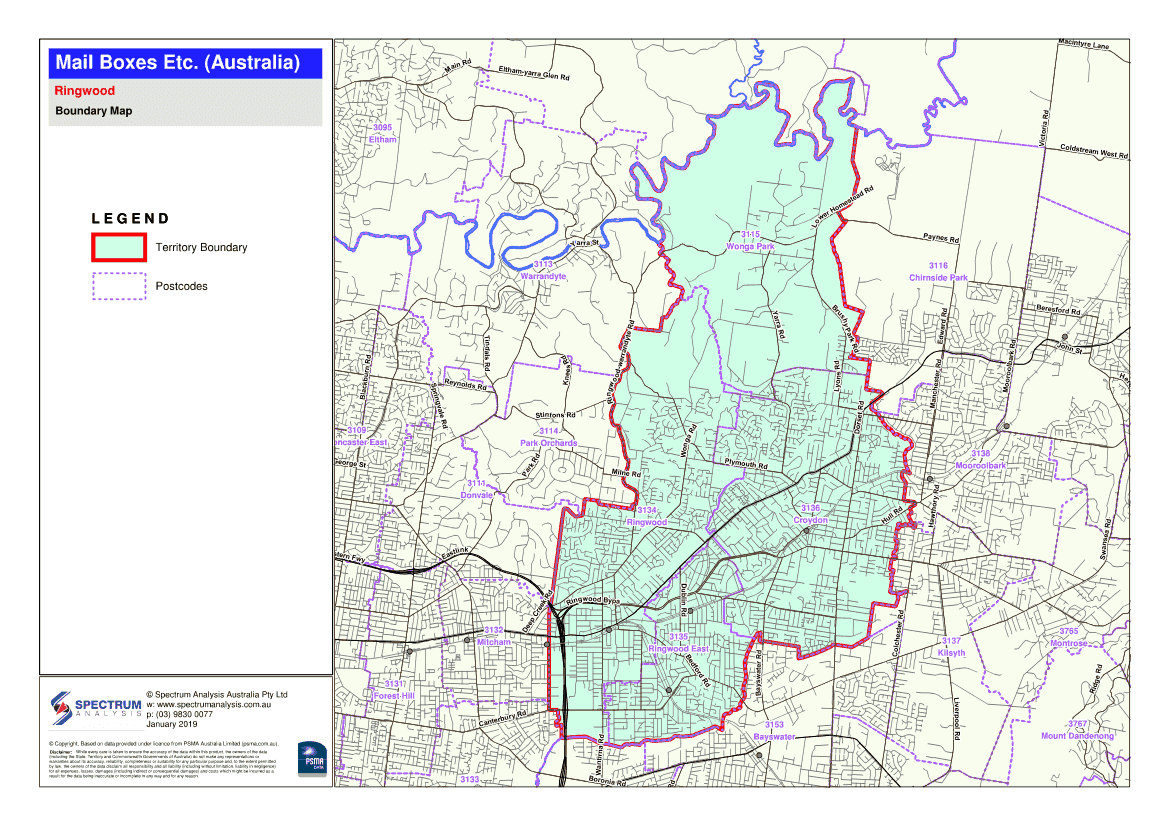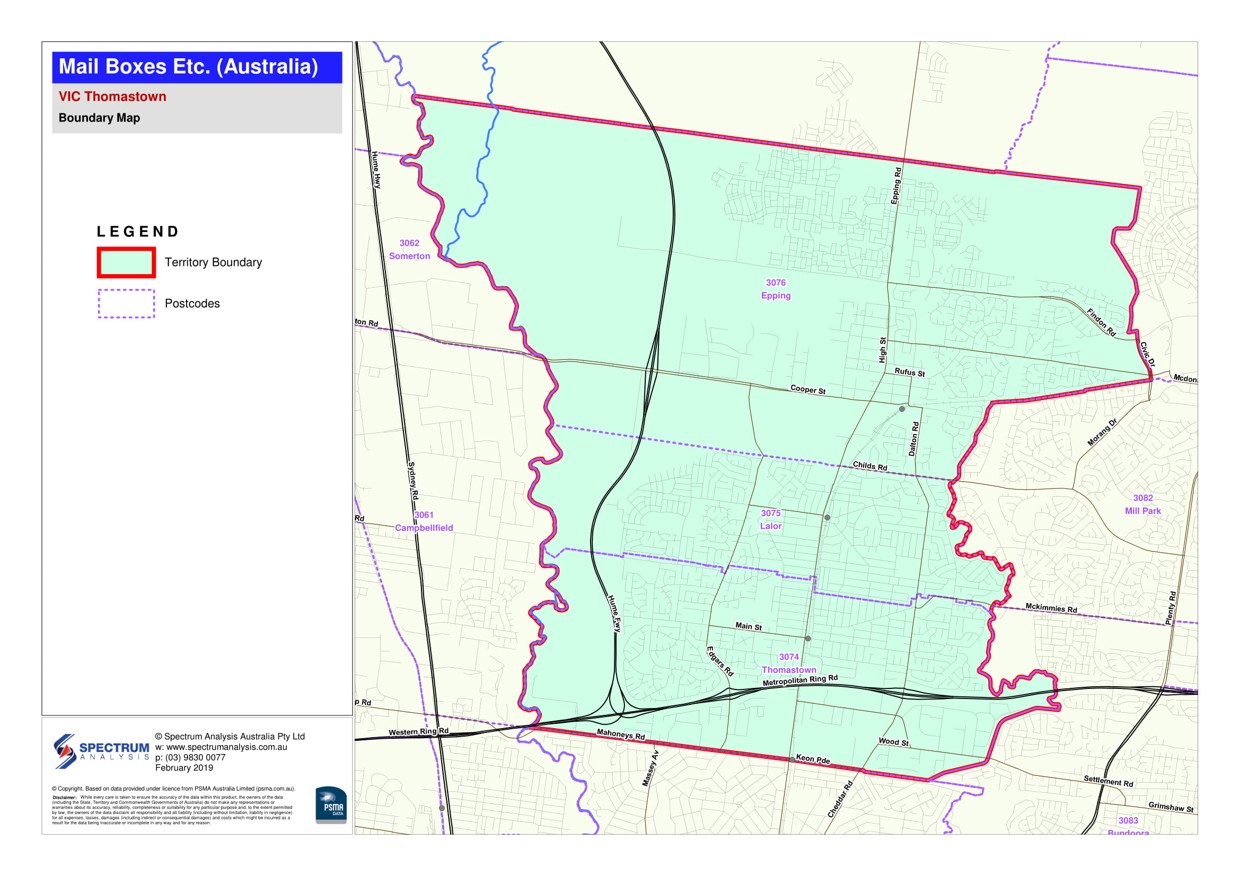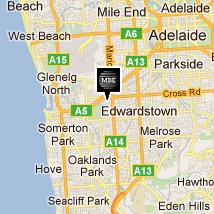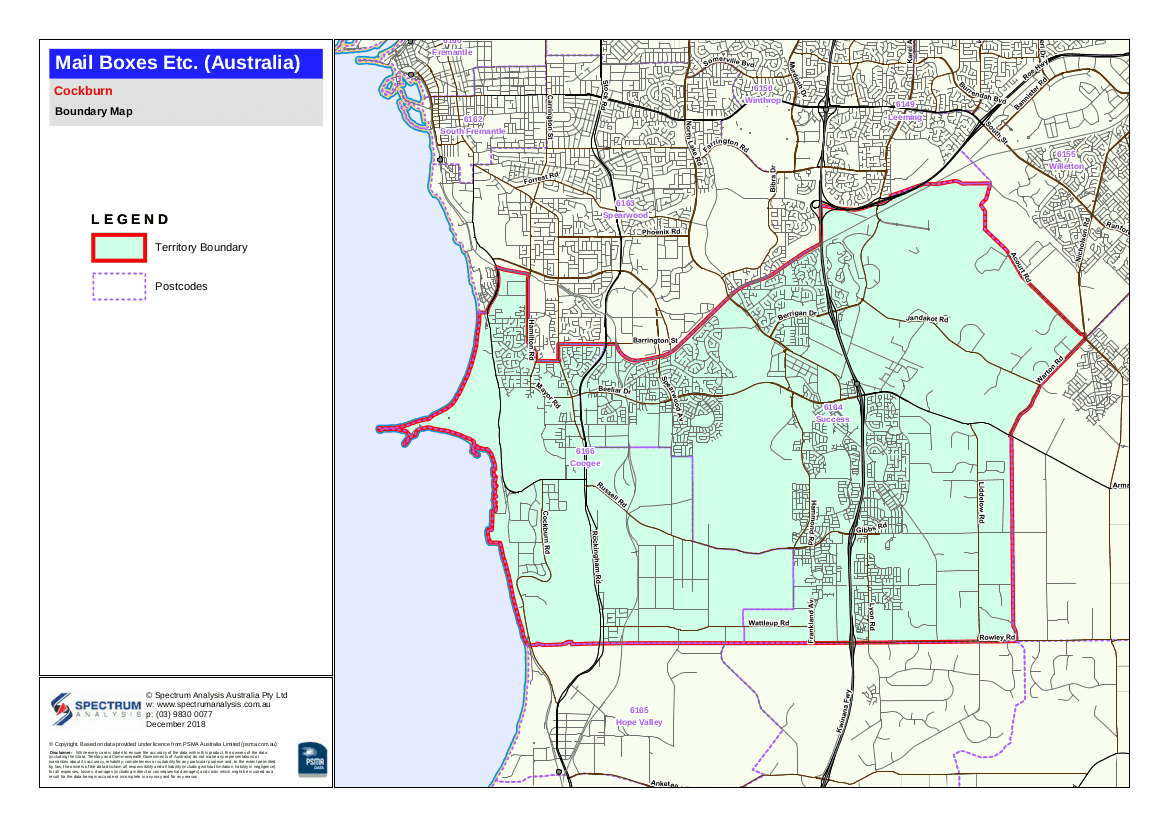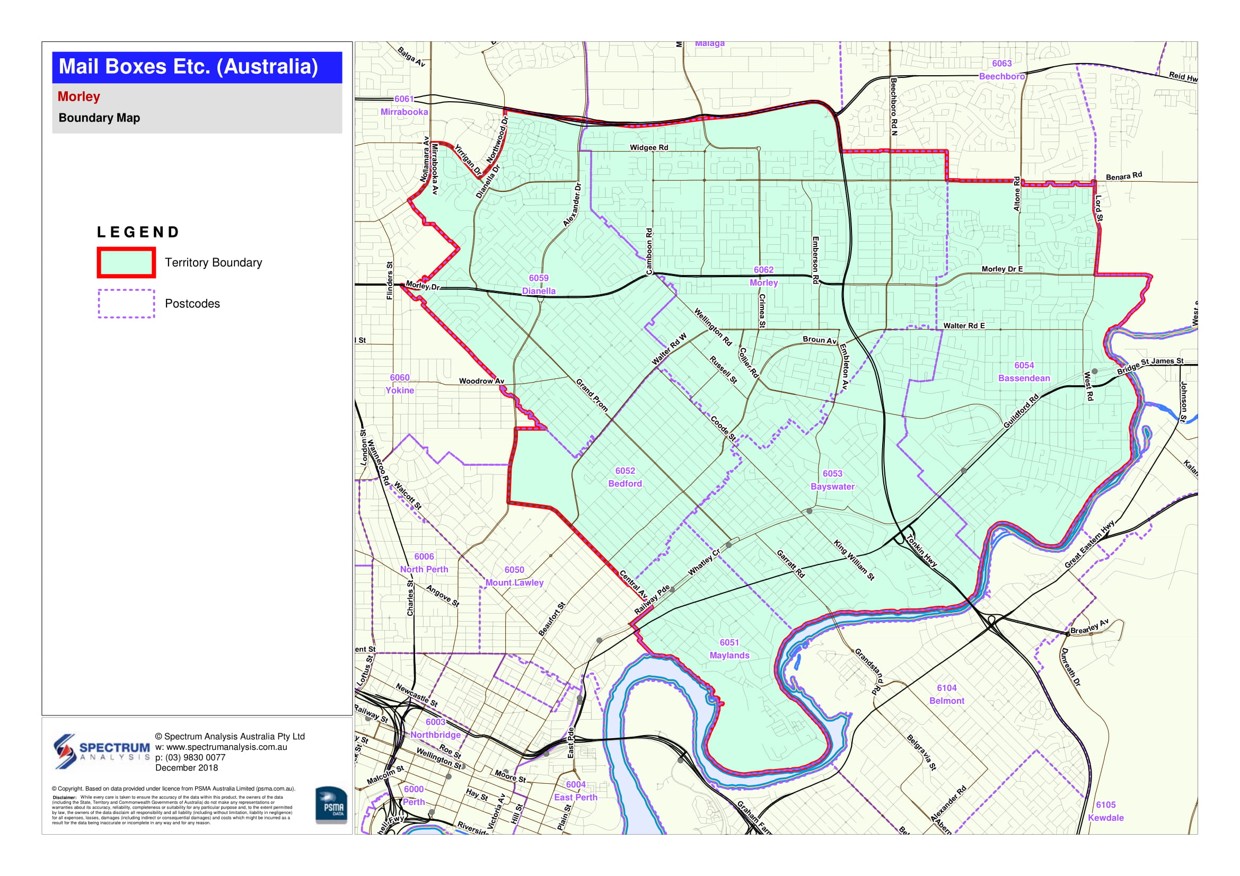
Creating a content marketing strategy is key to making sure you are not wasting your time doing all of that blogging for your small business.
Whether you have just opened your own start-up company or you are considering buying a franchise, you need to think about your content marketing strategy.
Here’s why:
Why is content marketing important?Understanding why content marketing is important can give you the motivation you need to make sure you keep plugging away.
Because make no mistake, content marketing is a long-term strategy. Yet it’s also one of the most cost-effective and powerful ways to reach your audience.
Here are the basics of how to create a strategy which will make your content work for you:
Creating a content marketing strategy
1) Set your goals
Everyone seems to have a blog these days. What are you trying to achieve with yours? Some of the most common goals for a content marketing strategy to achieve are:
Getting more sales
Driving more traffic to your website
Increasing the authority of your business as a leader in your industry
Improving the SEO ranking of your website
2) Set your metrics
Now that you have set your goal, you need to decide how you are going to know you have achieved it. This means choosing the metrics you are going to use to measure your progress.
Following the example goals above, you might decide to measure:
- More sales – a certain set revenue target (being sure to track how much of this revenue is being driven by your content).
- More traffic – this should be relatively easy to track via your online analytics. The important thing to remember is that you need to set realistic numbers for the results you want to see and measure how successful you are at reaching them.
- More SEO power – check how the search rankings of the most important pages on your site are being affected over time.
3) Do your market research
When you are developing your content marketing strategy, you need to know your market if you want to have any chance of reaching them with what you have to say.
You need to know:
- Who your target audience is
- What types of content they are interested in
- What value that content has to them
You can get this information in several different places:
Google Analytics – follow the Audience > Interests > Overview path and see a little more about the people who interact with you online. You can also take a look at Acquisition > Social > Overview to see where your content is being shared on social media.
Facebook Page Insights and Twitter analytics – social media is pretty much designed to provide you with as much information as you could ever want about your audience.
Customer feedback – if you need to know more, consider simply asking! Request feedback on your content form your customers and ask about the types of content they would like to see in the future.
4) Choose the best channels
One of the key things to find out about your audience is where they like to get their content.
Some people might be searching online for your content. Most will have their preferred social media platform. Others might like to receive emails.
Whichever channels they prefer, that’s where you need to meet them.
5) Create a content plan
Once you’ve set your goals, chosen your Key Performance Indicators and done some proper market research, you should know enough to be able to start planning the actual types of content you are going to create.
The foundation of most blogging and content marketing for small businesses takes place on each company’s own website. These posts then get shared or posted to other channels.
This means that blog posts tend to have a key role in all content marketing strategies. However, you may also want to produce and have a plan for:
- Case studies
- Infographics
- Video content
- Podcasts and audio content
6) Put your best team on it
Now it’s time to assign the resources which will make your strategy a reality.
For small businesses, in particular, this can be a serious challenge. You probably won’t have a huge team. You may not have an SEO expert or skilled writer among them.
However, you still need to decide who is going to be in charge of producing the content. If you’re a franchisee, it will definitely be an advantage if your franchise owner has an expert central team who will be doing the work for you.
Content marketing – reaching more people online
Finally, you’ll need to create a content calendar to plan when you’re going to release that content and – let’s not forget – actually create the content itself!
These are both major tasks. They’re also something that you – as a new business owner or someone considering any franchise opportunities which require you to create your own content marketing strategy – cannot afford to skip.




